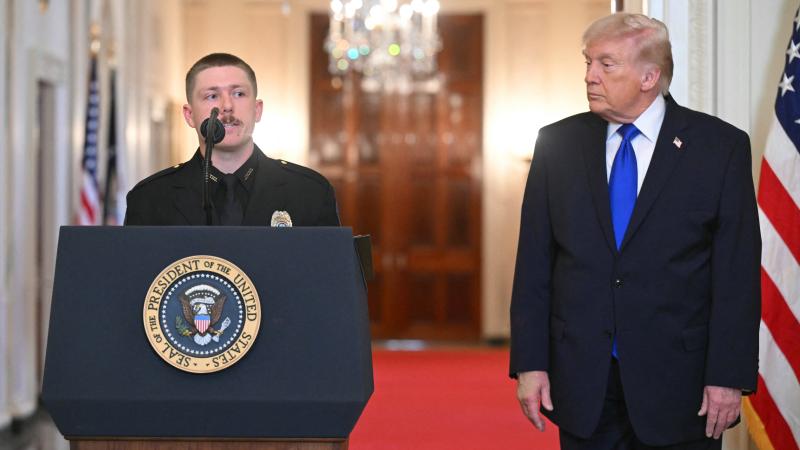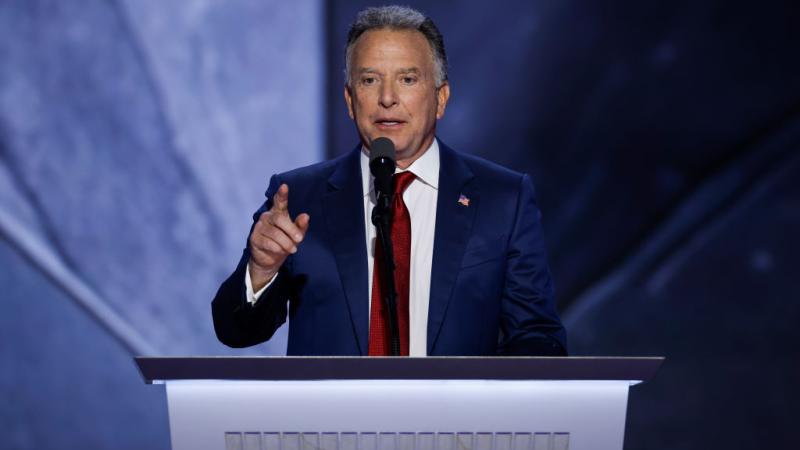Supreme Court hears Trump case on broad presidential immunity in election interference case
Trump’s attorneys argue their client should be protected from prosecution for what they call “official acts” taken in office.
The Supreme Court on Thursday will considers Donald Trump’s assertion of total immunity from criminal charges over his attempt as president to overturn the 2020 election results.
Trump’s attorneys argue their client should be protected from prosecution for what they call “official acts” taken in office.
The equally if not large issue might well be how quickly the justices will rule, which will determine whether a trial will take place before the November election, in which Trump is the presumptive GOP nominee.
The Supreme Court announced Feb. 28 that it would hear the case, saying it would examine "whether and if so to what extent does a former president enjoy presidential immunity from criminal prosecution for conduct alleged to involve official acts during his tenure in office," according to NBC News.
The announcement follows a federal appeals court's Feb. 6 ruling that Trump was not immune from prosecution, writing that "former President Trump has become citizen Trump, with all of the defenses of any other criminal defendant," and that while executive privilege may have protected him during his presidency, it no longer protected him against prosecution.
A federal indictment returned by a grand jury in Washington, D.C., in August regarding the alleged attempt to overturn the 2020 election results consists of four counts: conspiracy to defraud the United States, conspiracy to obstruct an official proceeding, obstruction of and attempt to obstruct an official proceeding, and conspiracy against rights.
The Supreme Court has already heard arguments in another Jan. 6 case that could affect two of the charges against Trump involving obstruction of an official proceeding, NBC also reports.
According to the indictment, Trump conspired to "overturn the legitimate results of the 2020 presidential election by using knowingly false claims of election fraud to obstruct the government function by which those results are collected, counted and certified.”















